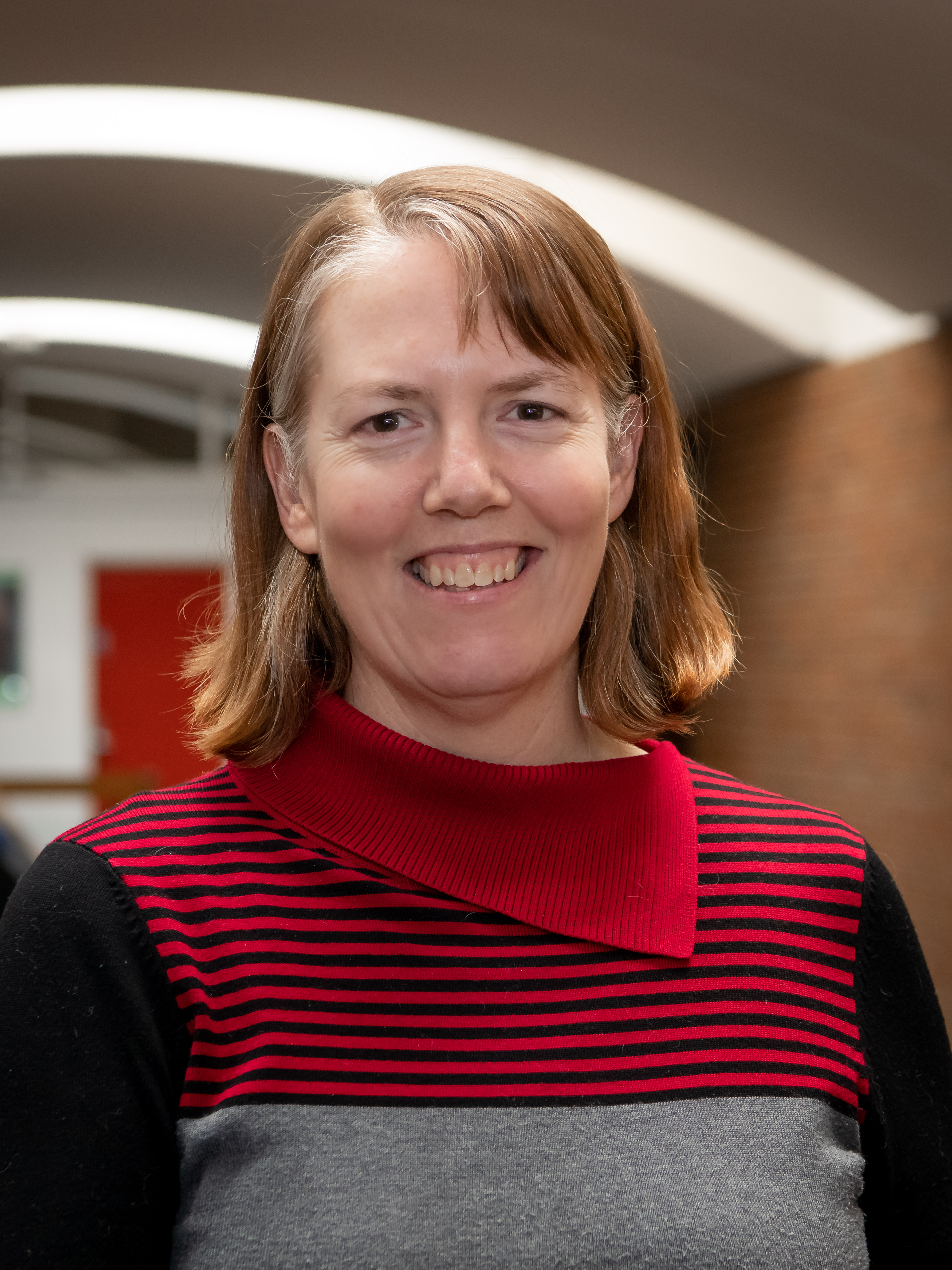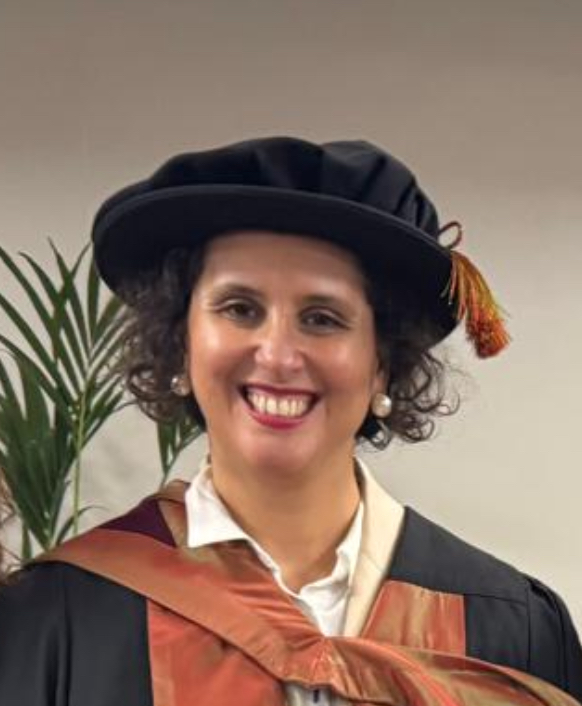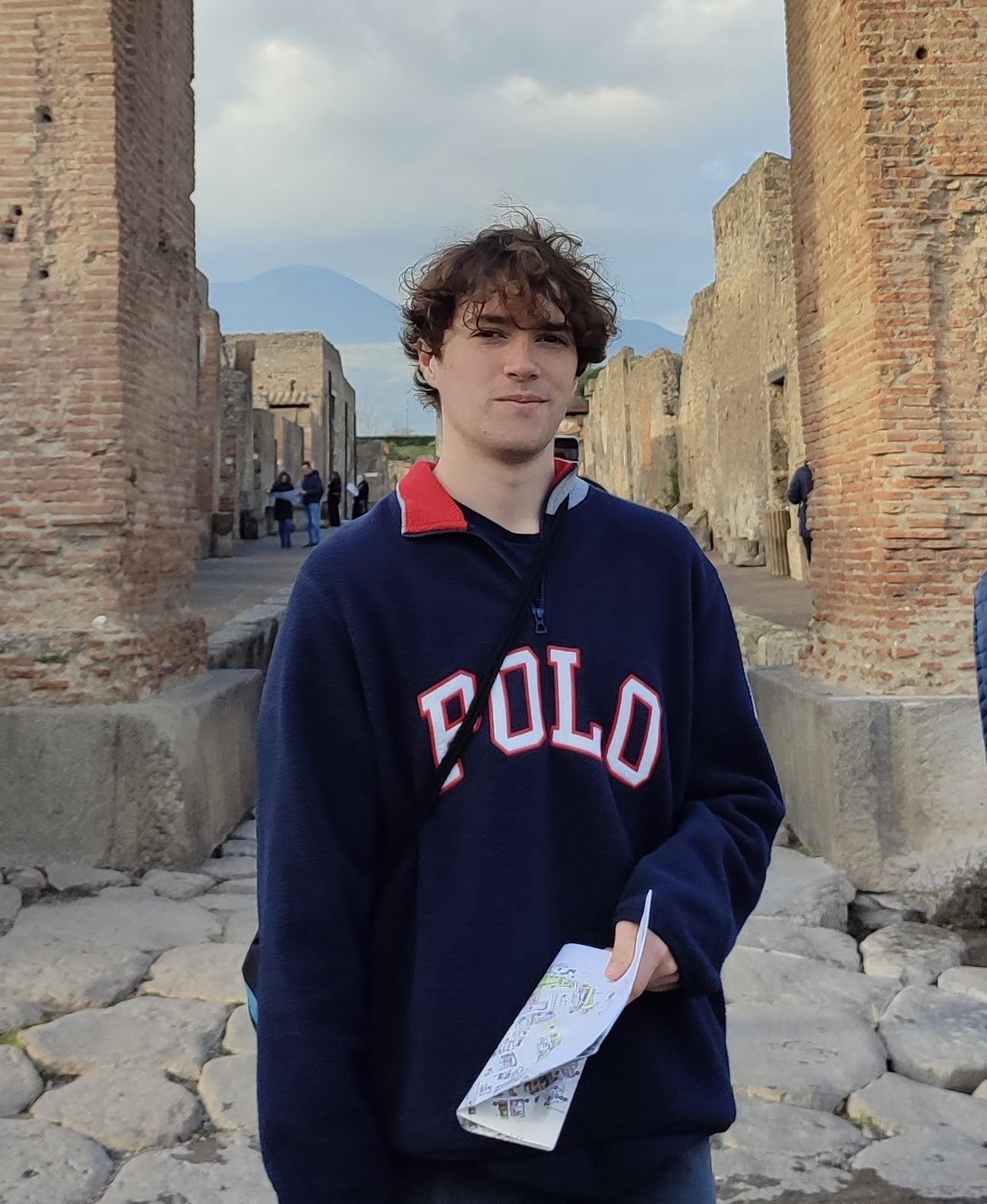Research Talks
Our Speakers
10:15 - 11:45
The Supervisory Relationship
Interactive Panel Discussion followed by Q&A: what makes a successful relationship between a PGR and their supervisor? How can students and staff negotiate expectations and maintain good dialogue for a positive relationship?

Professor Beat Kümin
Professor Beat Kümin works on early modern cultures and currently acts as Director of Graduate Research in the History department. He has been supervising Warwick PGR students for over two decades, hosted visiting PhD candidates from overseas, held guest lectureships in Germany, co-directed a graduate summer university in France and acted as external examiner in different national contexts.

Dr Ejike Ezeh
I received my PhD, where I investigated a web-based information tool to assist with treatment decision-making for people with advanced pancreatic cancer. I also hold an MSc in Advanced Software Engineering and a Bachelor's degree in Computer Engineering. In my current role, I teach both undergraduate and postgraduate students who are in degree apprenticeship programs, delivering modules on software development, programming, and data analytics, focusing on developing their skills and knowledge in these fields.

Irsa Ajmal
Irsa is a final year PhD student at Warwick Business School. Her research lies at the intersection of the fields of Behavioural Sciences and Finance, primarily focussed on investigating the behaviour of financial market participants. She also has experience of working with researchers and academics at Alliance Manchester Business School and Imperial College Business School.

Professor Domenico Giacco
Professor Domenico Giacco is a clinical and academic psychiatrist. He works on developing and testing psychosocial and digital solutions to help people with mental health conditions and their family members and address mental health inequalities. He has supervised doctoral students and researchers from different disciplinary backgrounds, including psychology, medicine, linguistics, computer science, arts and sociology. He is one of the academic leads for postgraduate research at Warwick Medical School.

Lauren Wilkinson
Lauren is a second year PhD student in the Department of Psychology and her research focuses on the relationship between neurodiversity, hypermobility and fibromyalgia. Alongside her PhD she works as a research assistant on projects focused on neurodiversity and as a graduate teaching assistant. Lauren is also co-chair of the Psychology PGR SSLC for this academic year and founded the PGR Neurodiversity Network.
11:45 - 12:30
Compassion
This session will discuss supervising (and being supervised) with kindness and compassion, and self-kindness for PGRs and supervisors.

Dr Gillian Sandstrom
Gillian worked in industry for 10 years as a computer programmer before discovering positive psychology. This led to her pursuing a Masters in Psychology at Toronto Metropolitan University (Canada), where she developed a smile-and-wave relationship with a lady who worked at a hot dog stand. During her PhD studies at the University of British Columbia (Canada), she started studying interactions with weak ties (e.g., the hot dog lady). Her work since then has focused on the benefits of minimal social interactions with weak ties and strangers, and the barriers that prevent people from connecting.
After completing her PhD, Gillian worked as a Postdoctoral Research Associate at the University of Cambridge before taking on a lectureship at the University of Essex. She is now an Associate Professor in the Psychology of Kindness at the University of Sussex, and the director of the Sussex Centre for Research on Kindness.
14:30 - 16:00
Resilience
This session features discussion of resilience as a PhD researcher from those who have practiced it!

Dr Aïcha Hadji-Sonni
Dr. Aïcha Hadji-Sonni is a researcher specializing in the affective domain of mathematics education, focusing on mathematical resilience and social mobility. She holds a PhD from the University of Warwick, where she explored developing resilience and addressing math anxiety in disadvantaged areas of France. Aïcha has an academic background in mathematics, computer science, and education from French institutions, along with a coaching diploma and mindfulness certificate from the University of Warwick.
Her work includes roles as a Research Assistant and postgraduate mentor at Warwick, and mathematics teacher. Aïcha facilitated workshops for students, parents, teachers, and researchers and she is a member of the Mathematical Resilience Network. Aicha is currently writing a book to make her research accessible to a wider audience.

Dr Imogen Knox
Imogen completed her PhD in the History department at Warwick in 2024. She is now a Visiting Researcher at Manchester's Rylands Library and works with the ESRC to support PGRs
across the Midlands. She is passionate about facilitating postgraduate research.

Dr Ida Hannah Lübben
After completing her PhD in PAIS in 2023, Ida held a role as diversity specialist at the University of Oxford and recently returned to Warwick to join the Social Sciences Connect Programme. She has a strong interest in enhancing research culture and creating the right conditions for postgraduate researchers to thrive.

Dr Jason Anderson
Dr Jason Anderson (University of Warwick, UK) is a teacher educator, author, educational consultant and researcher, who works in both language teaching and mainstream education. He has supported teachers in over 30 countries worldwide, both pre-service and in-service, for national ministries of education and organizations including UNICEF and the British Council. He has published award-winning books and research on aspects of language teaching, multilingualism, teacher reflection, teacher expertise and teacher education. His interests include teaching methodology, multilingualism and the contextual challenges of teachers working in the global South, where he has spent much of his career as a teacher educator. His latest book, Teacher Expertise in the Global South (Cambridge University Press), investigates what quality in education means in the global South and why it is often misunderstood or overlooked by educational reform initiatives.

